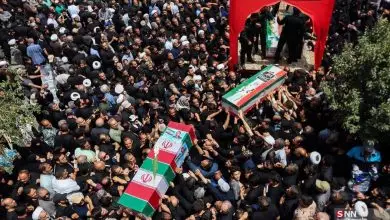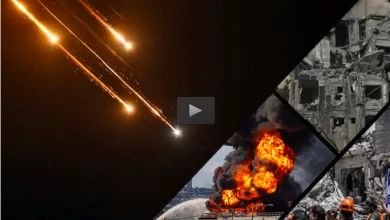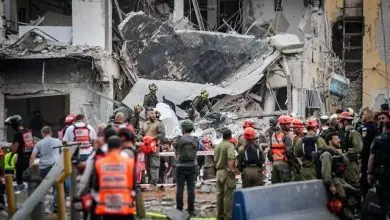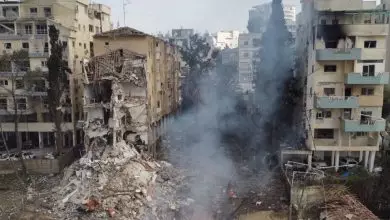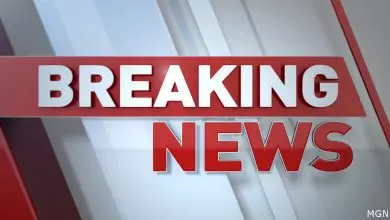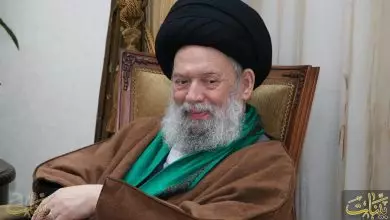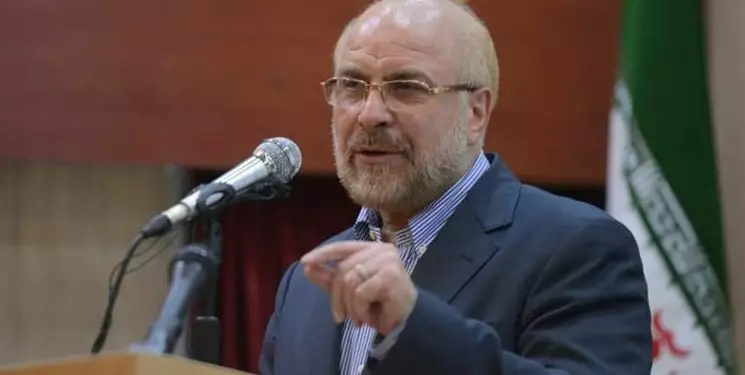
“The enemy tried to undermine Iran’s position in (Vienna) talks but the achievement of %60 enrichment proved to the other side that such acts will become a unique opportunity for taking bigger steps for the progress of nuclear technology rather than being a threat to it,” Qalibaf said on Sunday, addressing an open session of the parliament.
“Response to the terrorist attack against Natanz is definite and will be carried out in an appropriate time,” he stressed.
Enemies were expecting that such terrorist acts could stop Iran’s nuclear progress but initiation of %60 enrichment in the shortest time possible demonstrated that this industry has been indigenized, Qalibaf said.
“Any uncalculated measure or pressure against the will of the Iranian nation in the path of progress is futile,” he added.
Enemies should know that the more they continue to hatch and conducts plots, the stronger the Iranian nation becomes, Qalibaf said.
Beside such terrorist acts, the enemy has also hatched the plot of protracted talks in a bid to put the country’s political and economic structures in limbo, said the Speaker, adding, “They seek to prevent the Iranian nation from achieving a sanction-free economy by protracting the talks and imposing their demands with a combination of deception and pressure.”
Iran and the remaining signatories to 2015 nuclear deal are meeting in Vienna to try to remove the unilateral US sanctions imposed by former president Donald Trump three years ago after he abandoned the international accord.
The US is not allowed to participate in the discussions, but its representatives are reportedly held abreast of the negotiations down the hall by the Europeans.
The new talks come after an incident was reported at a part of the power network of the Natanz nuclear facility last Sunday morning.
The incident at the power distribution network of Shahid Ahmadi Roshan facility in Natanz has been blamed on Israel. While Tel Aviv officials have made implicit confession of the terrorist attack, the Israeli state and private media have acknowledged Mossad’s leading role in the attack.
Iranian officials have vowed retaliation against perpetrators, specially Israel.
Iran’s Permanent Representative to Vienna-based International Organizations Kazzem Qaribabadi slammed Israel as the main culprit behind the recent incident in Natanz nuclear facility, adding that the act of sabotage will not stop enrichment activities in the complex.
“The full responsibility for this act of sabotage lies with the Zionist regime of Israel and its supporters,” Qaribabadi, who is also Iran’s envoy to the International Atomic Energy Agency (IAEA), said in a televised interview, adding the damaged IR-1 centrifuges would be replaced in no time with others capable of 50 percent more enrichment capacity.
He stressed that the latest generation of homegrown centrifuges would also be set up in the nuclear facility in the near future.
In a first move to show Iran’s hardening stance in reaction to the Sunday terrorist attack on Natanz nuclear facility, the country declared on Tuesday that the Atomic Energy Organization of Iran (AEOI) will initiate preparatory steps to start enriching uranium to the 60% purity level.
“Upon an order by the President, the AEOI has been required to launch 60-percent uranium enrichment line under Article 1 of the Parliament Law on ‘Strategic Action to Remove Sanctions’ and protect the Iranian nation’s interests,” AEOI Spokesman Behrouz Kamalvandi told FNA on Tuesday night.
He further added that the International Atomic Energy Agency has been informed of Iran’s plan, and pointed out that the 60-percent enriched uranium is used in the production of Molybdenum to be used for the production of different types of radiomedicine, with applications in the treatment of patients including those with cardiac problems.
Head of Iran’s Atomic Energy Organization (AEOI) Ali Akbar Salehi said on Friday the country is producing 9 grams of uranium with 60% level of enrichment per hour.
“Currently, 9 grams of 60% enriched uranium is being produced per hour and 20% enriched uranium will also be produced at the same time, Salehi said.
The AEOI Chief stressed that the Iranian scientists’ success to achieve 60% enrichment “was a great step to implement parliament’s law approved in December to counter sanctions.”
“We can produce uranium with any level of purity if needed”, he emphasized.

